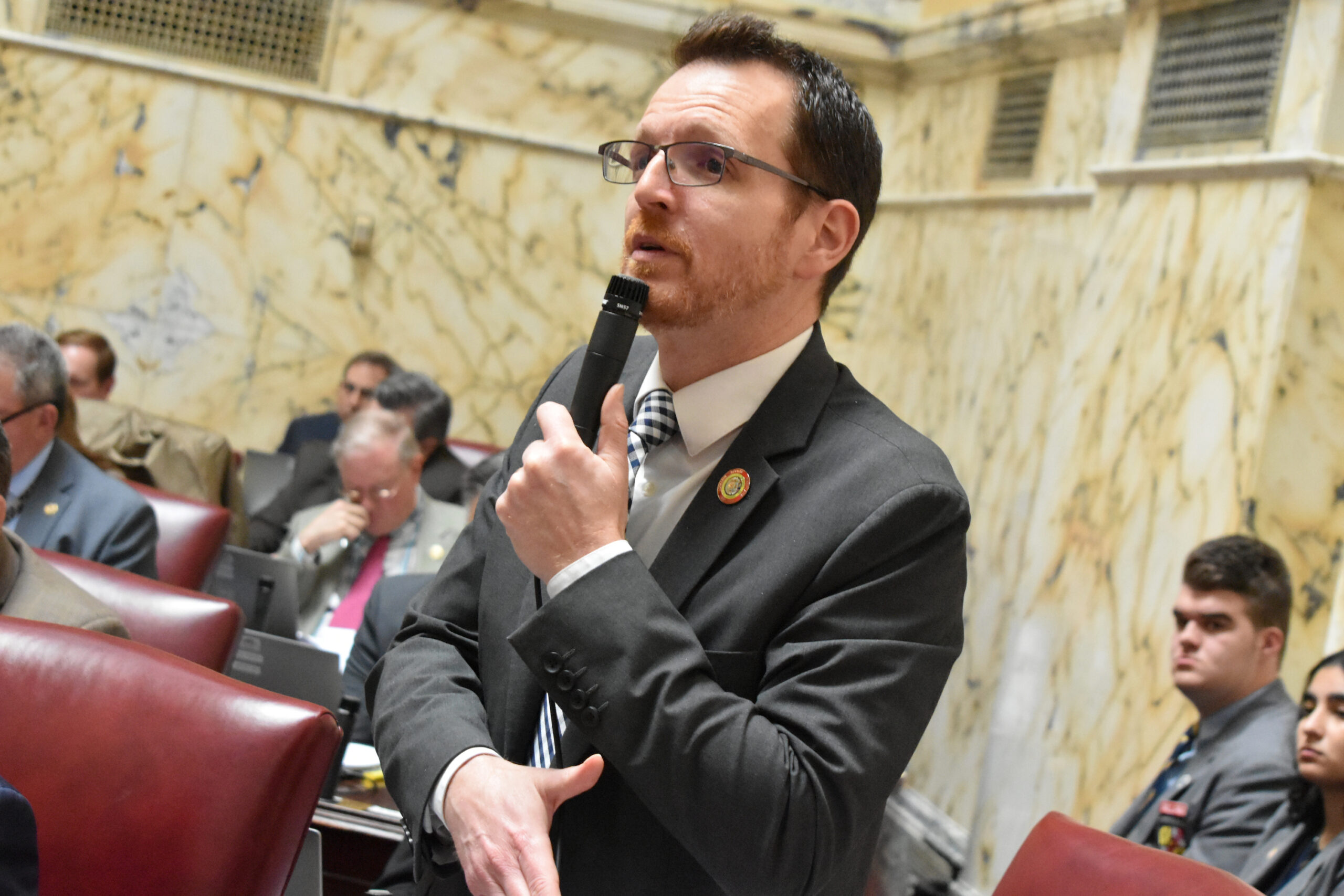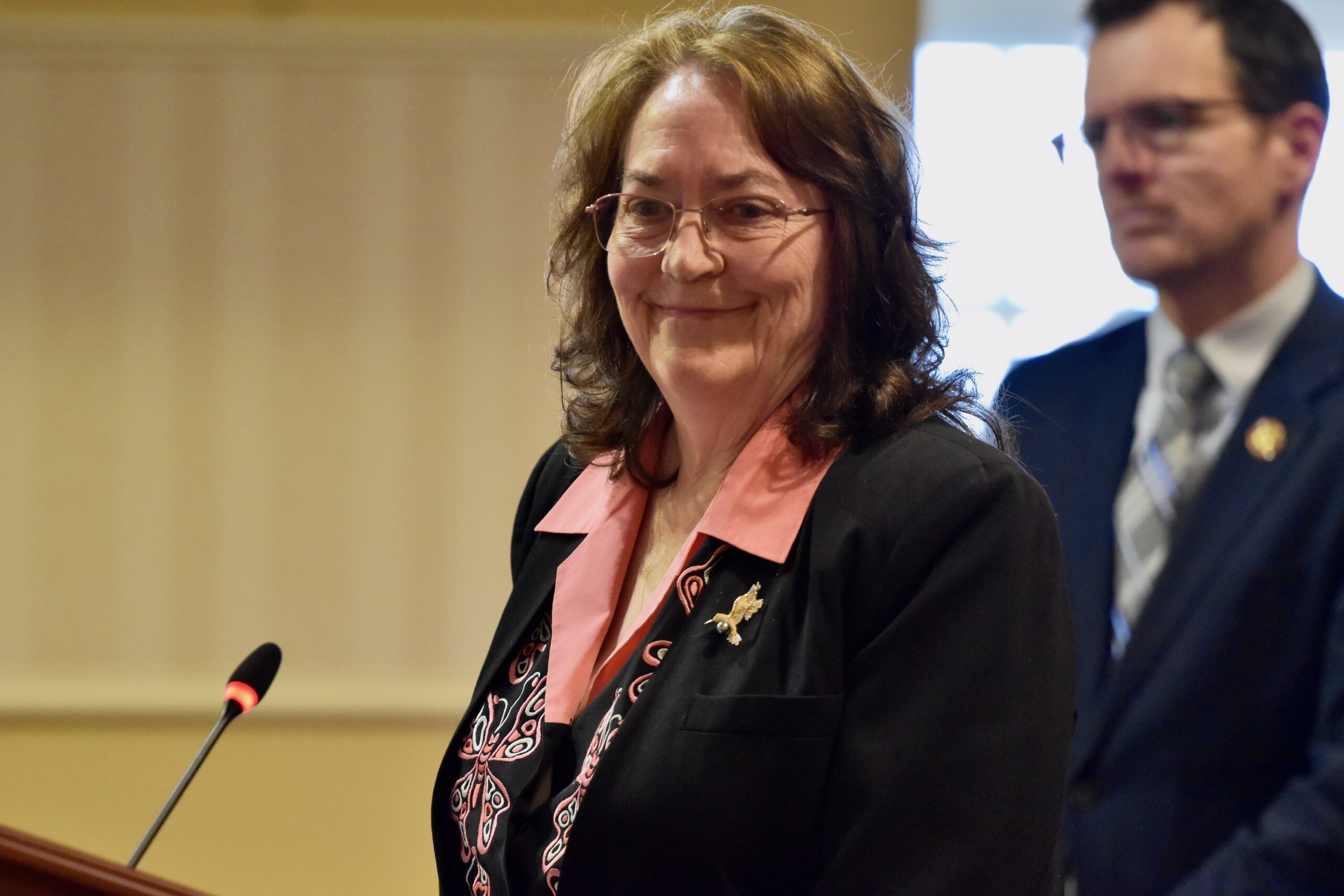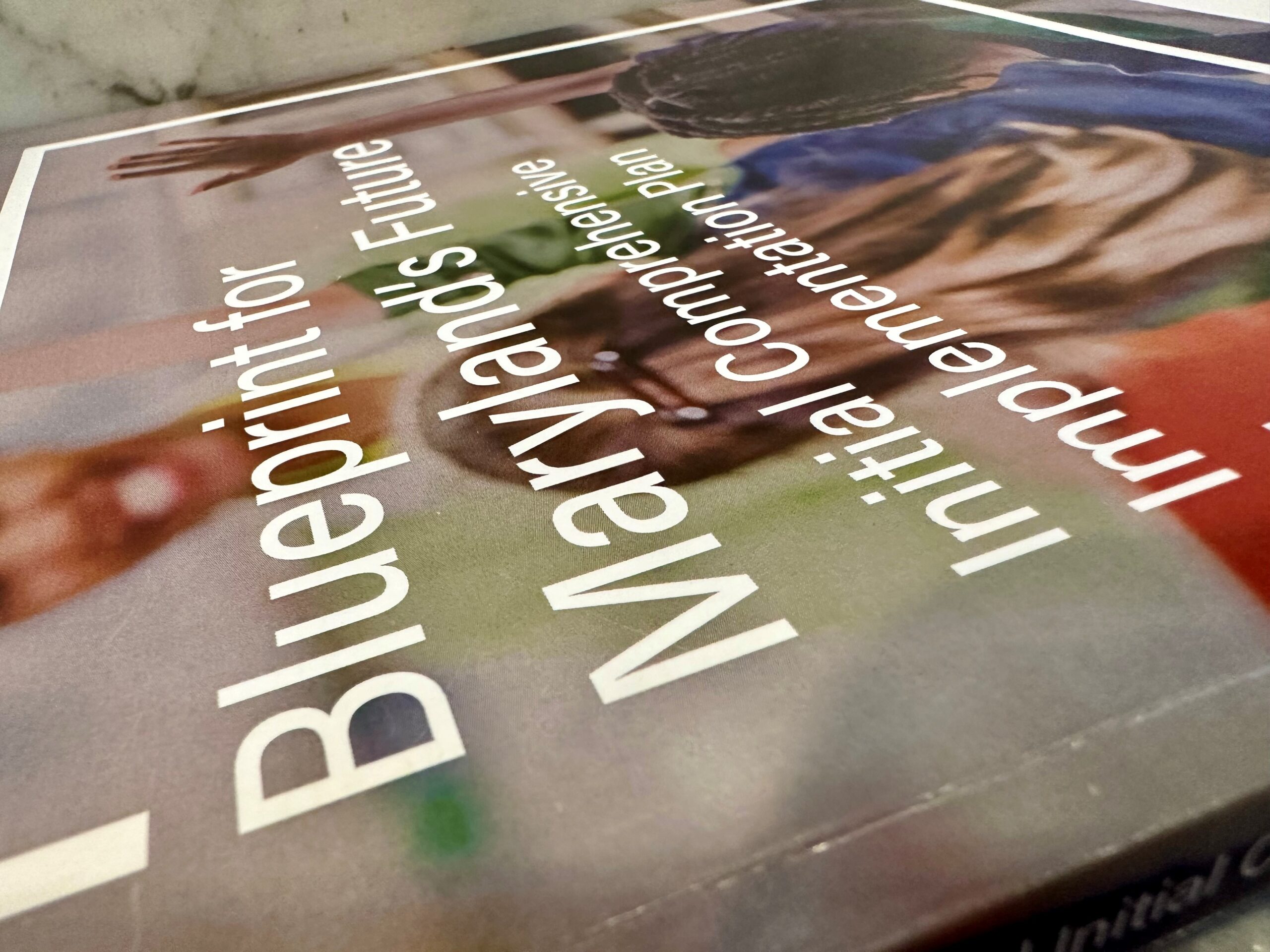Commentary: Stop Md. from becoming an even bigger dumping ground for industrial sludge

By Alan Girard
The writer is the Eastern Shore director for the Chesapeake Bay Foundation.
How do Marylanders describe the effect industrial sludge has on their lives?
“Smells like rotting meat and death.”
“You can feel the smell in your teeth.”
“People sometimes have to pull over to puke.”
These are quotes from farmers and people who have lived in farming communities all their lives. But what they’re smelling is not the typical aroma of manure and fertilizer that rural Maryland is used to. It’s the stench of industrial sludge, particularly dissolved air flotation or “DAF” — a substance derived from the protein rendering process. It’s a mix of remains like blood and feathers generated by poultry and seafood processing plants.
Industrial sludge has been plaguing communities throughout Maryland. Lax regulations, which are far less strict than neighboring states like Delaware and Virginia, have made Maryland a dumping ground for the gut-wrenching material. Some Maryland counties have adopted local rules in response, but a statewide solution is desperately needed.
House Bill 991/Senate Bill 1074, introduced by Del. Sara Love (D-Montgomery) and Sen. Justin Ready (R-Carroll and Frederick) aims to better regulate industrial sludge and is currently under consideration by the Maryland General Assembly.
Maryland lacks robust regulation and testing requirements for industrial sludge. State regulators treat the sludge as a soil amendment, meaning it can be applied to farmland as a fertilizer and only undergoes high-level, once-a-year testing. It often gets stored in big tanks and is mixed with other material before spreading on Maryland farms. Its makeup is not well understood by the public.
“It’s scary to think people spread things not knowing much about what it is or what’s in it,” said Bryan Racine, a farmer in Cecil County.
“Lord only knows what’s actually in DAF sludge,” added Ron Hartman, who worked in wastewater treatment and sold DAF systems to industrial consumers. “If I were a farmer, there is no way I would apply untreated DAF sludge to my crops.”
Delaware and Virginia require permits for businesses that transport and spread sludge on farms. That’s why more than half of the region’s industrial sludge in recent years was land-applied in Maryland, according to a 2023 study by the University of Maryland.
Marylanders who live near sludge disposal sites encounter horrible risks. Not only are they forced to deal with the wretched smell, but they also worry about what’s happening to their soil and drinking water. Spills and runoff can go directly into local waterways and ultimately the Chesapeake Bay.
Some farmers and third-party handlers store and land-apply industrial sludge far above state-approved crop fertility rates. Too often it’s become dumping, not farming. The Maryland General Assembly should make sure communities know what’s in this DAF material and stop Maryland from drowning in it.
Local governments are scrambling to close the gap left by the state’s lax oversight. Packed hearing rooms in Caroline, Carroll, Talbot, Dorchester, and Wicomico Counties have caused some local leaders to adopt their own rules, mostly piecemeal in the absence of the uniform state oversight that is typically applied to farm nutrient management.
It can’t be up to each county to solve this problem. Marylanders need a statewide solution.
HB991/SB1074 would create a new permitting program for the hauling, storage, and application of industrial sludge. The permit program would close existing loopholes in Maryland’s regulation of DAF, giving state regulators additional enforcement tools to keep us on par with our neighboring states. We believe this solution can protect the health of our communities and the Bay. Let’s stop Maryland from further becoming a dumping ground for industrial sludge.




 Creative Commons Attribution
Creative Commons Attribution